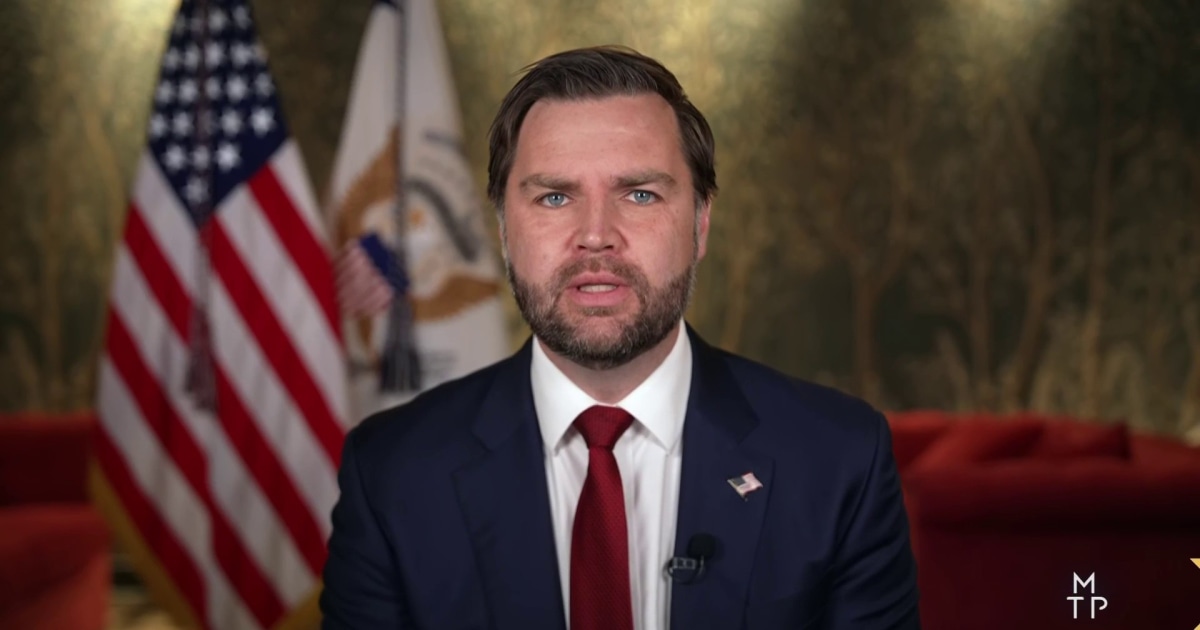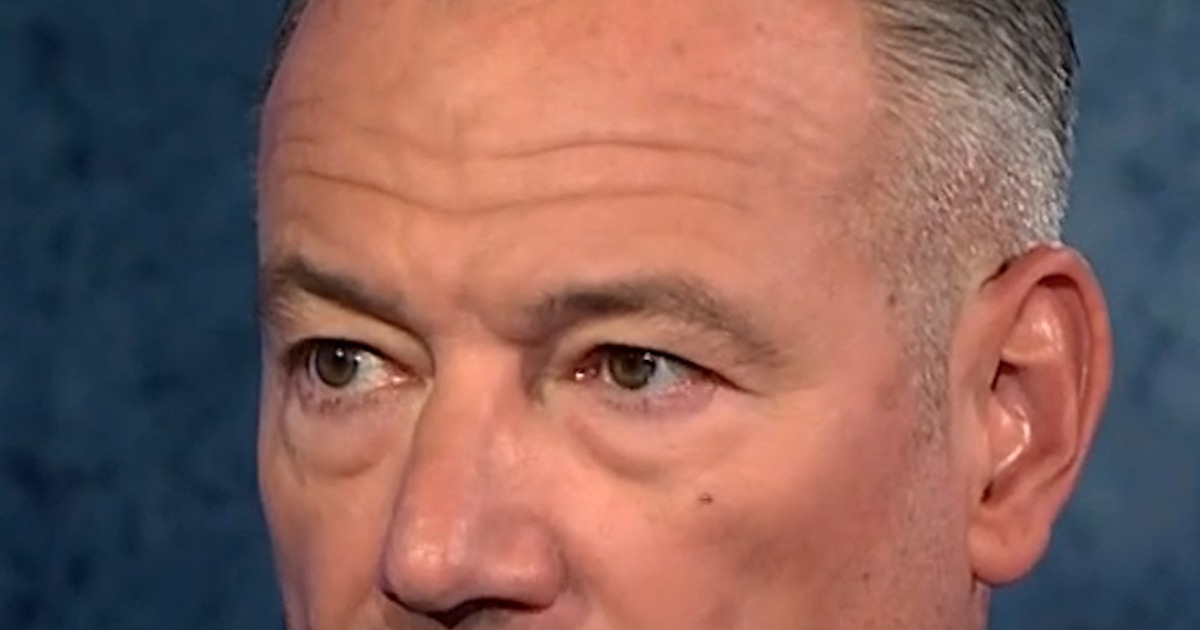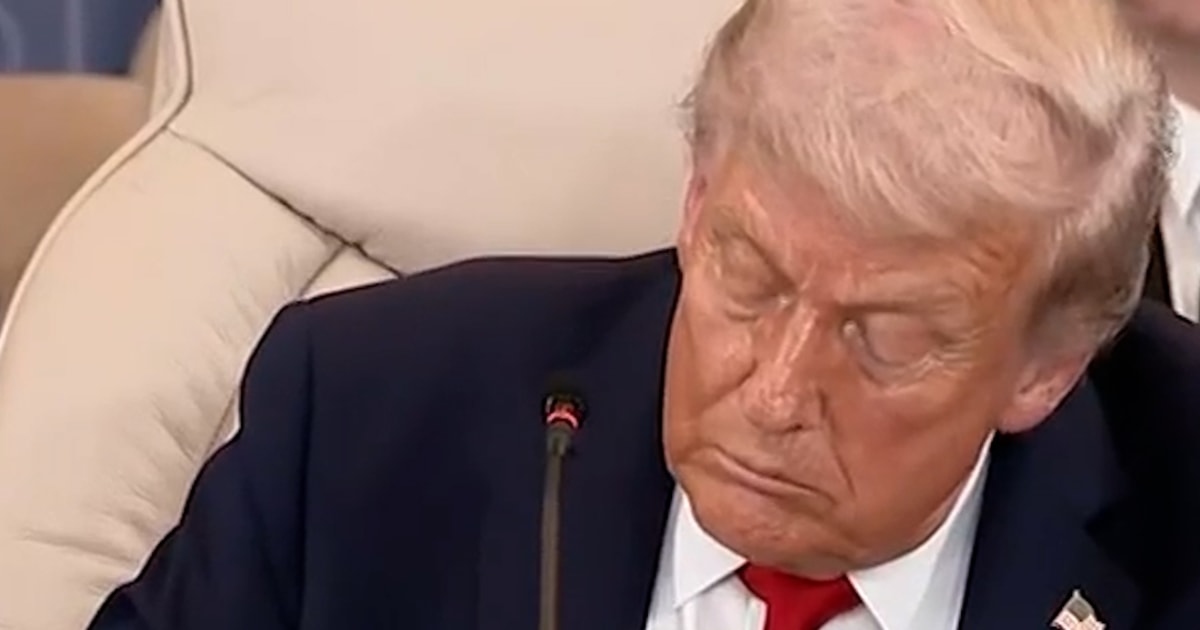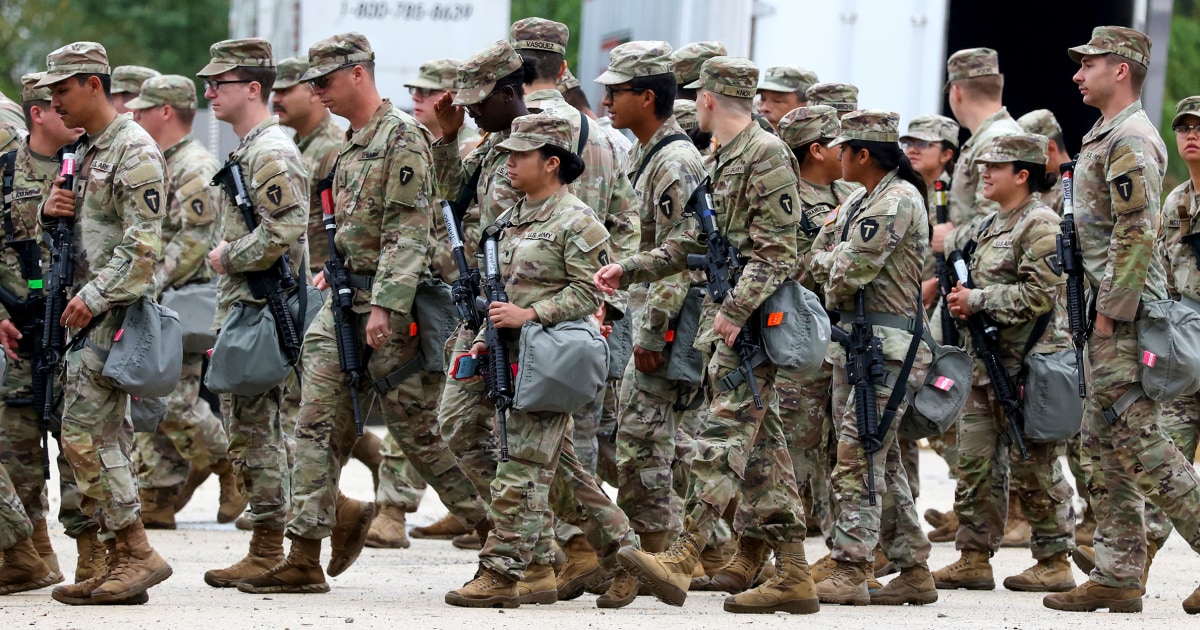Vice President JD Vance joins Meet the Press as President Trump travels to the Middle East to sign a deal aimed at ending the Gaza war, while tensions mount in Washington as the government shutdown drags on with no end in sight.
Source link
JD Vance says ‘I do’ see Israel-Hamas peace deal as end to Gaza war: Full interview




